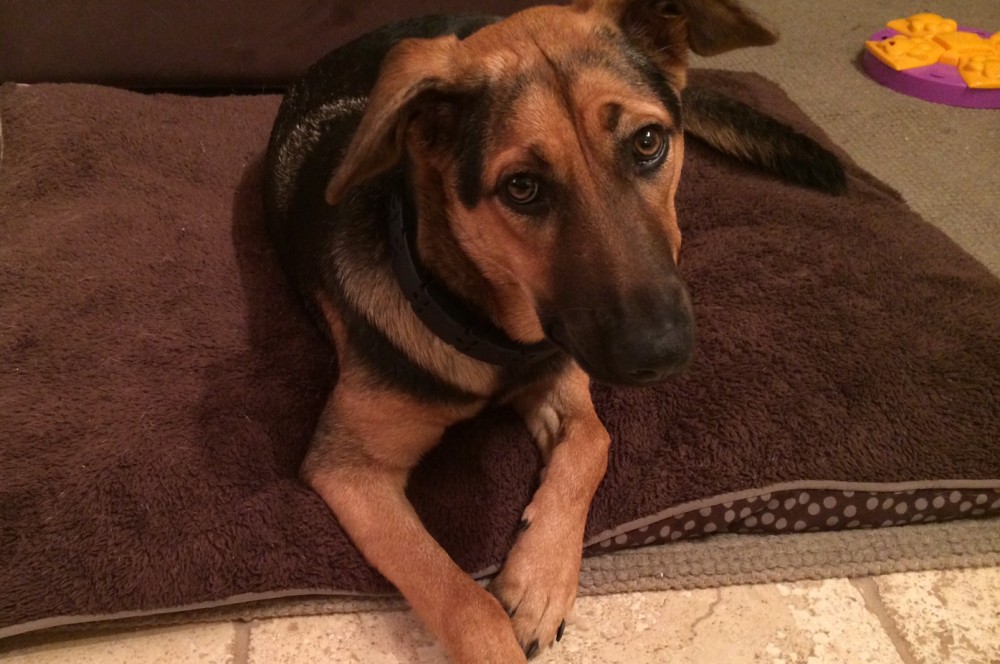From a young age I’ve known I was different. I just didn’t know how. On paper, I lived the “American dream“: Ivy League school, high-paying job, nice house, beautiful family. But despite my successes, I felt I was being held back by something, a deficiency, I couldn’t articulate. I studied hard and worked hard, but I didn’t advance like many of my colleagues, didn’t have the extensive networks they had, or the ease of developing business connections and friends. I knew I was missing out, but why? Was it something I did, or perhaps didn’t do?
Growing up, I was often called “socially awkward” or “anti-social.” And it was true (anti-social in the literal sense, i.e., not socializing). But only in my mid-30’s, after hearing my mother tell me for years her suspicion my father had a condition called “Asperger’s,” did I think, after researching it, maybe the label applied to me. I basically diagnosed myself, and had it confirmed by a psychologist who specialized in Asperger’s. Finally, at age 38, I knew exactly how I was different.
But, unlike many adults who have received a diagnosis, mine hasn’t made life easier. Before my diagnosis, I had some rudimentary understanding I was different. But now that I know my social deficits, I’m hyper-aware.
I think of movies like The Usual Suspects or the Spanish Prisoner or The Sixth Sense, where, in the end, the protagonist suddenly views past events through a new lens, uprooting his fundamental perception of the world. I now know why my classmates voted to impeach me as 5th grade class president. I’m guessing it had something to do with my frequently referring to my “authority” as president and reminding them of school rules, like standing quietly in line (at the time, I thought I was doing them a favor). I also know why I didn’t go out on dates in high school and, sadly, why I’ve lost so many friends over the years. Finally, it makes sense.
But unless someone invents a time machine in the near future (which they won’t, because, time being a constant, they already would have invented it), those events are frozen in time. There’s no way to repair the harm I caused by my ignorance of basic social norms, the unwritten rules most people instinctively know but we Aspies must learn from scratch. As someone already predisposed to depression, it’s not the most life-affirming realization.
There’s another way I feel like an outsider even in the world of Asperger’s. I’ve told almost no one of my diagnosis. The only people who know are my immediate family, and even they are skeptical, because while they may recognize my oddities, their understanding of Asperger’s is shaped by the archetypes portrayed in the media. I don’t seem like “those people,” like my father, for example. If there were an audition for Aspies, my father would get the part. Growing up, when my family went to a restaurant, my father would get up and walk out when he was done eating. If two people were conversing, my father would abruptly interrupt to say something that had no relation whatsoever to the conversation. When we were at the mall, he would walk up to strangers and ask them about politics. If there was a video game demonstration, he might push aside the little boy waiting for a turn. Or approach dark-skinned strangers and ask if they’re Mexican, and speak to them in Spanish, using the handful of words he knew (like BO-nas DEE-as). Here I was, an Aspie, and even I knew he was violating basic social etiquette.
I haven’t told others I have Asperger’s because, well, I fear how they will react. I have significant responsibilities in my job, and it’s important that people trust my judgment, without questioning whether it may be skewed by the perceived defect of an autistic condition. Ironically, one of my duties is advising clients on what “reasonable accommodations” to offer people with disabilities, including, in some cases, those with Asperger’s. If I disclosed that I too have Asperger’s, would it be a conflict of interest for me to advise? As an Aspie, I think I can be trusted to be objective even in such circumstances, but I don’t know if my clients would agree.
The other day I read an intelligently-written blog by an Aspie which included advice that, if someone inadvertently offends a friend by making an inappropriate comment or otherwise violating a social norm, she can make amends by saying, effectively, “Oops, sorry, I just had an Asperger’s moment.” I don’t disagree with the advice, but it assumes the diagnosis of Asperger’s has been disclosed. That is not the case for me (and many others). I have lived, covertly, with Asperger’s for decades and while transparency may provide certain advantages, right now, I consider them outweighed by the dangers of disclosure. I suspect other Aspies are in the same situation. For good or bad, Asperger’s is a condition that, in many cases, can be hidden from the public, unlike, say, a physical impairment. It is the Aspie’s choice, and a delicate and complex one, whether he or she chooses to disclose.
I am writing this blog partly to vent frustrations but also to share my observations and experiences, with the hope that other Aspies, and their families, will share as well and that it can be a symbiotic environment where everyone advances, even if just a tiny bit. I’d also like to teach the world to sing … but that’s for another day.
I welcome comments, even if the poster disagrees with every word I’ve written. As an Aspie, I have very thick skin … metaphorically, I mean 🙂
P.S. In case you think you might have Asperger’s, here’s a test developed by one of the world’s leading experts. It’s not 100% conclusive but pretty close.
Related articles
- Life as an Aspie (chrysalistree.wordpress.com)
